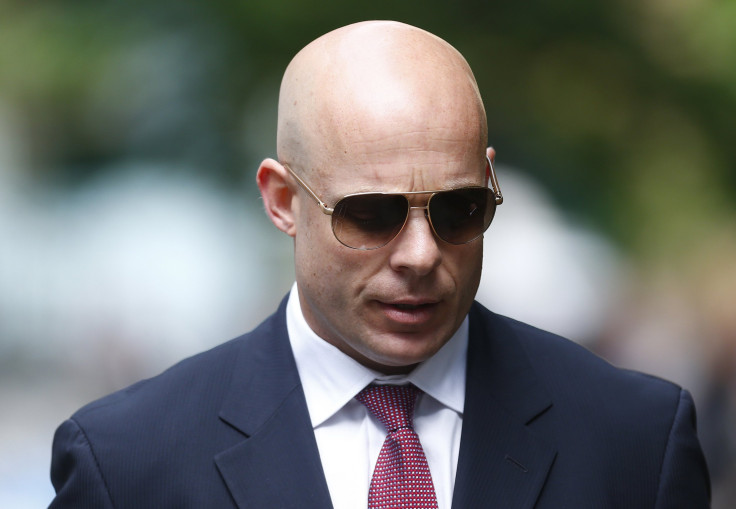Measly Bonus: Barlcays Ex-Trader Would Have Made Just $172 In Alleged Libor Rate-Rigging Lawyer Defending Him Says

Just $172.50.
That’s how much a former Barclays trader stood to earn from his alleged manipulation of a key global financial benchmark used to establish borrowing rates, according to his lawyer, Adrian Darbishire.
Speaking in a London courtroom on the first day of defense arguments in the trial of five bankers accused of fixing the daily Libor inter-bank lending rate for personal gain, Darbishire argued that his client, Ryan Reich, would have earned a paltry sum from a bonus-based system used by the banks to encourage traders of U.S. dollars to seek higher returns on inter-bank lending.
"So what's the loot? What's the possible cash incentive?" Darbishire said, according to Reuters. The lawyer asserted that Reich’s alleged impropriety would have earned him less than $200. Darbishire didn’t explain how he came to the figure, but said it was based on his own calculations of the eight instances where Reich could have manipulated the Libor rate.
Britain's Serious Fraud Office accuses Reich and four others of manipulating the Libor, a daily interest rate that reflects the average that banks charge to borrow from each other, between June 2005 and August 2007.
Libor , the London Interbank Offered Rate, is a short-term benchmark that banks charge each other for loans and serves as the initial step for calculating interest rates on hundreds of trillions of dollars’ worth of loans transacted throughout the world. It is calculated daily based on submissions by a panel of banks. Several banks, including Barclays, Deutsche Bank and UBS, have so far been forced to shell out a total of $9 billion in regulatory settlements linked to Libor-rigging cases.
In the U.S., Anthony Allen and Anthony Conti have been charged with conspiracy and wire fraud and of abusing their positions to influence the Libor. The two worked for Rabobank — which, in 2013, admitted that its employees manipulated the benchmark rate and agreed to pay $1 billion to American, British and Dutch authorities. The payout also included a $325 million deal with the U.S. Department of Justice to allow the bank to avoid criminal prosecution in exchange for cooperation.
The alleged rate rigging was first exposed in 2008 by the Wall Street Journal, which reported that some banks might have been understating their costs to borrow money during a crucial time when the British government was considering taking control of some banks amid the 2007-09 global financial crisis.
Reich, Barclays' former rate submitter Jonathan Mathew and former traders Alex Pabon, Stylianos Contogoulas and Jay Merchant are accused in Britain of submitting false rate estimates that either made the Libor rate higher or lower.
The defense argues that Barclays didn’t properly school traders on what could be allowed and in some cases were simply following orders.
© Copyright IBTimes 2025. All rights reserved.






















